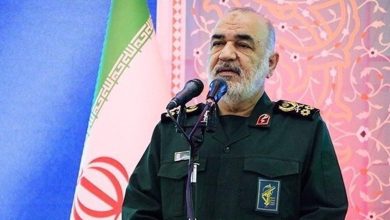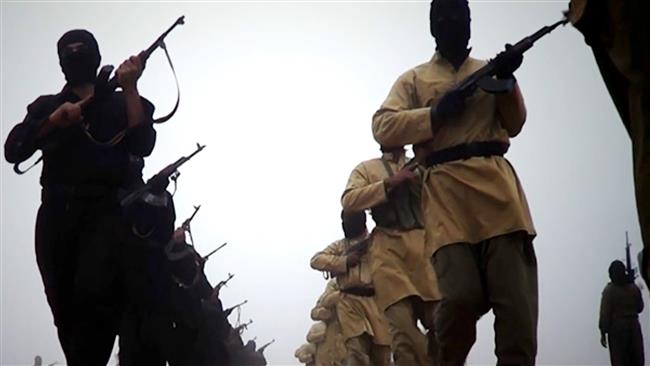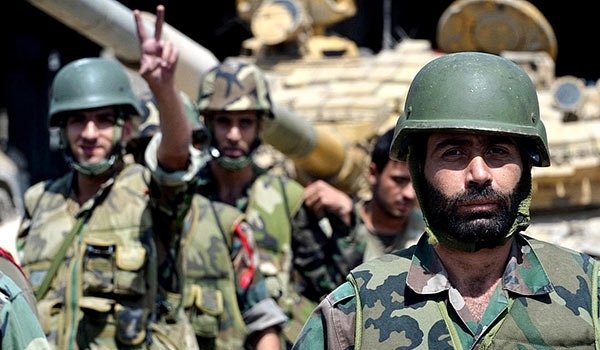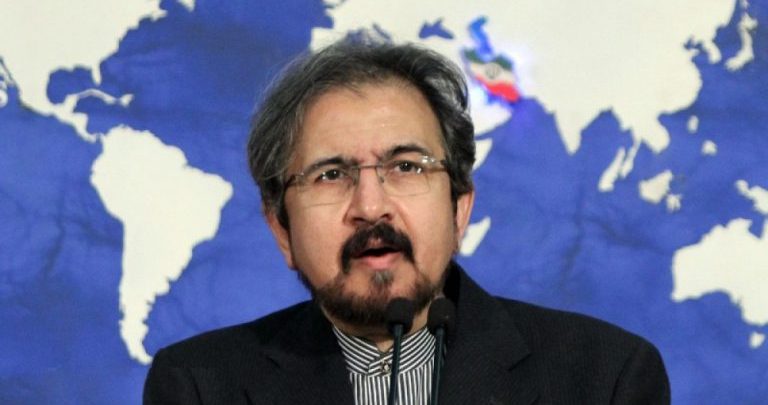The Full Story Behind Assassination of Islamic Jihad Member in Syria
Around 8:00 AM yesterday, Ali Ramzi Al-Aswad (31), an Islamic Jihad resistance fighter, left his home in Damascus’ Qudssaya suburb, near Damascus. As he was readying to get into his car, two unidentified men fired over thirty rounds of machine guns.
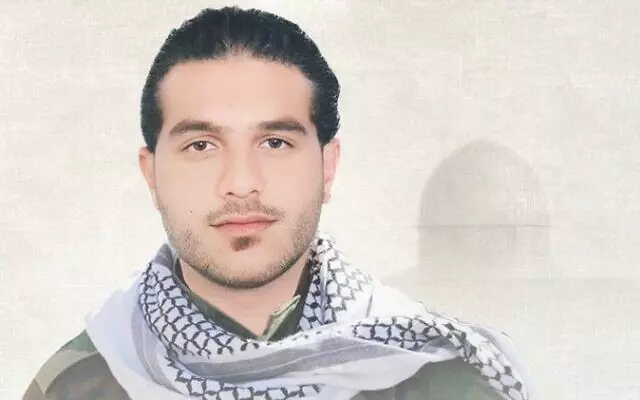
Unfortunately, the resistance member was dead when the ambulances and security personnel arrived at the scene. Several bullets were extracted from his corpse when he was transported to a hospital in Syria’s capital for an autopsy, indicating that they were fired from medium machineguns, apparently western-made and intended for assassination attacks.
According to the forensic report, Al-Aswad was also stabbed after being shot. Moreover, the investigations revealed that the bullets were large and were originally intended to hit armored targets, implying that the attacking force considered the possibility that Al-Aswad would be wearing a bulletproof vest, or that the operation would occur while he was riding his car
Al-Aswad used to live in the Yarmouk camp, but he moved to another region when the Syrian war began. Then, he got married and had two daughters and a son. Given the surge of Zionist operations in Syria, he remained vigilant and took rigorous security precautions.
Recently, he moved to the Qudssaya suburb, where the assassination transpired, indicating that the enemy was aware of him and that his security cells worked to monitor him through technical and human tracking. They studied the crime scene thoroughly until they were able to carry it out and draw the perpetrators out of their location.
According to eyewitnesses, a van was spotted hurriedly fleeing the scene minutes after the operation, and a search is underway for it. Some evidence has also surfaced that the direct monitoring process took some time, while many facts regarding the current probes in Syria have remained confidential.
Who is Ali Ramzi Al-Aswad?
The martyr descended from a Palestinian family that fled the Haifa region following the 1948 Nakba and resided in Damascus’ Yarmouk camp (Syria) for Palestinian refugees. He was born in 1991 and pursued his studies in Syria, where he specialized in chemistry.
He developed his scientific abilities through personal effort following his involvement in the Al-Quds Brigades, the military wing of the Islamic Jihad movement, which he joined at the age of 14 in 2005. Therefore, he ascended responsibility after executing multiple specialized courses within the movement.
Al-Aswad is described within the ranks of the Islamic Jihad as an “outstanding military commander in the Syrian arena”, and he is Al-Quds Brigades’ sixth martyr since 2019 in that arena.
Israel Acknowledges
While the Israeli media raced to circulate the news, quoting foreign sources, Zionist Prime Minister Benjamin Netanyahu, stated at the outset of the cabinet session: “Our forces are working around the clock to thwart the terrorist infrastructure. Last month, we killed scores of militants and detained numerous others. I repeat: Anyone who attempts to attack Israelis will have their blood spilled. We will find the wanted wherever they are”. “We are targeting terrorists and engineers anywhere wherever they are,” he added.
Netanyahu endorses the crime: “They will be murdered, and we will locate them wherever they are.”
As per analysts and media professionals, Netanyahu’s stance served as a springboard for establishing a link between the Megiddo operation and the assassination. Hence, Major General Israel Ziv, former head of the Israeli occupation military’s Operations Directorate, agreed to connect them. Ziv explained this in an interview with “Army Radio,” claiming that “the Islamic Jihad movement does not abide by the rules of engagement with Israel,” hinting out that the Megiddo operation appeared to be deviated from the norms.
Further, a lot of journalists and military analysts accepted the “theory” that “Megiddo” and “Qudssaya” were interrelated. It was also widely accepted that “Mossad” was in charge of carrying it out.
Several analysts, however, considered the assassination as part of the Israeli occupation’s dealing with forces outside the entity, and that it had nothing to do with the Megiddo incident, despite the martyr preparing a set of military actions within occupied Palestine.
On the other hand, sources in Palestinian resistance forces interpret the assassination as an Israeli declaration of willingness to embark on a multi-front war, as well as reopening the door to the scenario of eliminating resistance leaders overseas.
Source: Almanar

